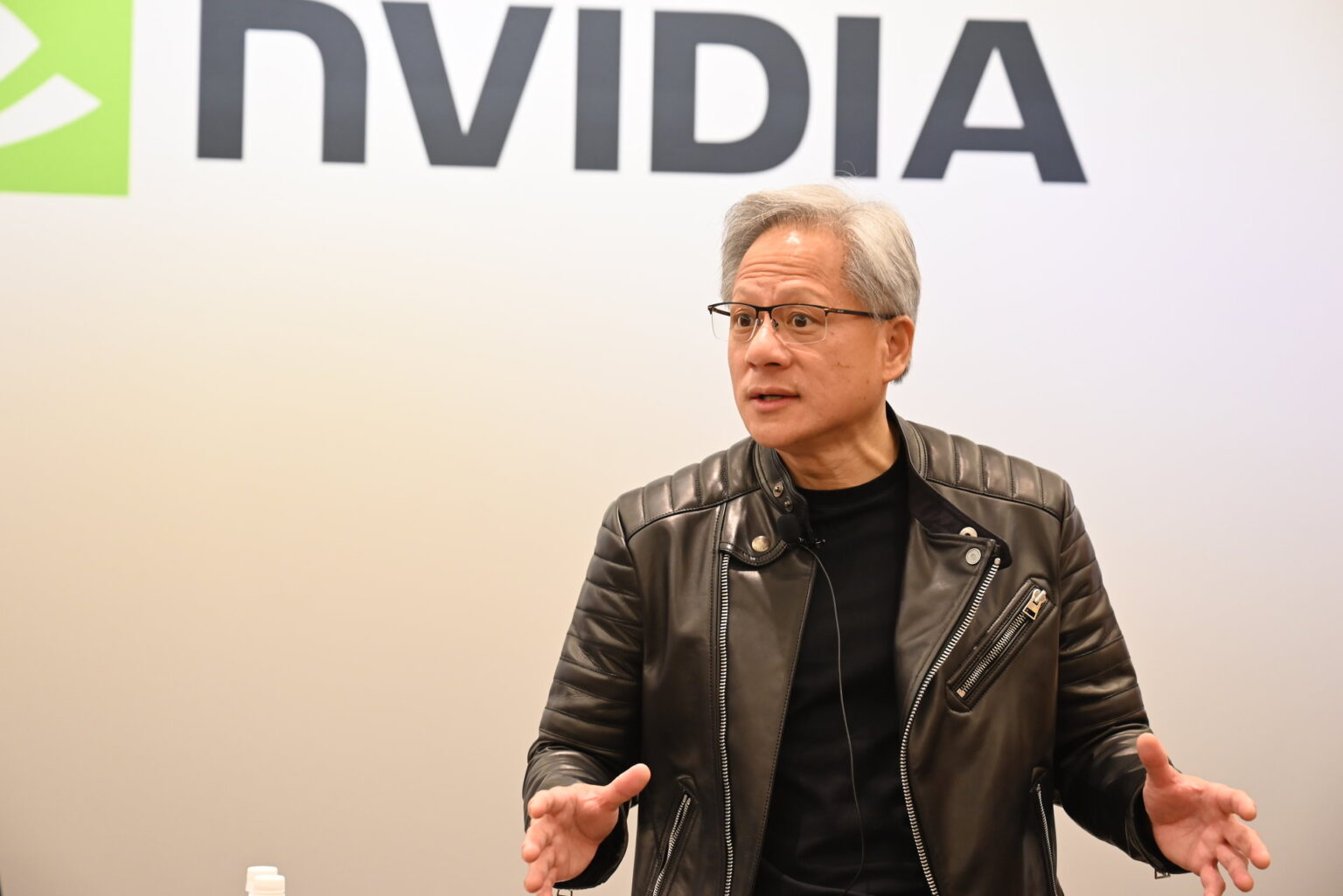Marking a major milestone, Nvidia introduced Project DIGITS, its first desktop computer tailored for AI developers. Priced at $3,000, this Linux-based machine integrates Nvidia’s high-performance data centre chips with processors co-developed with MediaTek.
Project DIGITS is engineered for developers seeking to test AI systems on smaller, more accessible platforms. It is set to hit the market in March and is anticipated to fill a niche among software engineers rather than everyday consumers.
Expanding Influence in Automotive AI
Nvidia also announced a partnership with Toyota Motor Corporation, which will integrate Nvidia’s Orin chips and automotive operating systems into select models. Although details on the specific vehicles were sparse, Huang projected the company’s automotive revenue to grow from $4 billion in 2025 to $5 billion in 2026.
Balancing Innovation and Market Expectations
As Nvidia continues to push the boundaries of AI, some observers remain skeptical about the scalability of its robotics and automotive ventures. Arya highlighted challenges in creating cost-effective products that drive sustainable revenue streams, comparing these opportunities to the still-developing metaverse and autonomous vehicle sectors.
Despite these concerns, Nvidia’s stock soared to a record $149.43 per share on Monday, valuing the company at $3.66 trillion. This cements its position as the world’s second-most valuable company, trailing only Apple.
The Road Ahead for Nvidia
CES 2025 showcased Nvidia’s ability to blend cutting-edge technology with market-savvy strategies. From gaming enthusiasts to robotics developers, the company’s diverse offerings reflect its ambition to dominate multiple sectors.
As the RTX 50 series GPUs hit shelves and Cosmos models become widely available, Nvidia’s innovations are expected to shape the future of AI and gaming for years to come. However, the company’s success will depend on its ability to address concerns about affordability, scalability, and widespread adoption.
